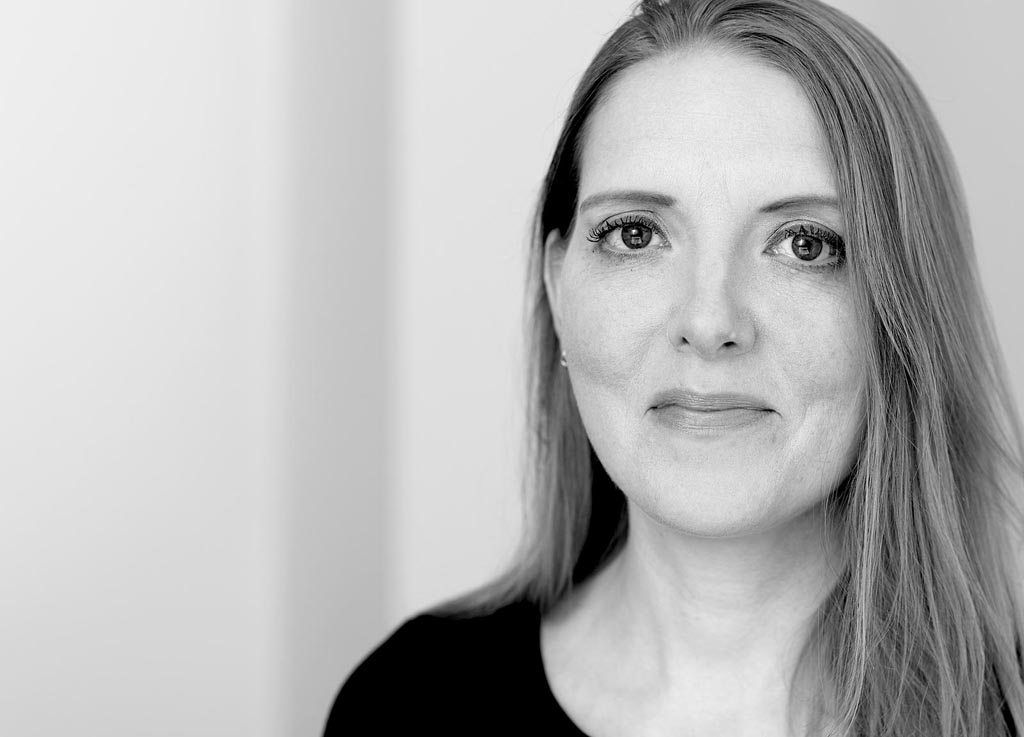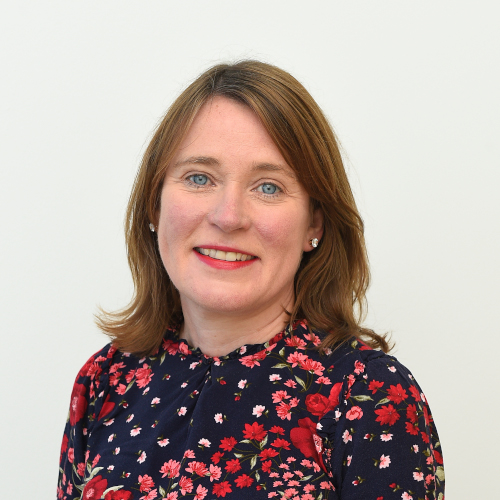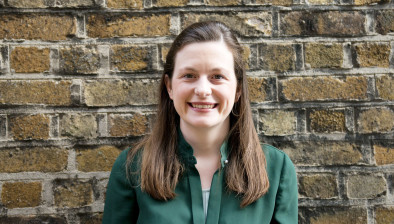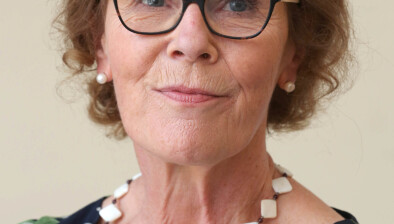Lawyer of the Month: Blinne Ní Ghrálaigh

Blinne Ní Ghrálaigh
Barrister Blinne Ní Ghrálaigh of Matrix Chambers in London is no stranger to high-profile or controversial cases. And one of her most recent trials is no exception. Ms Ní Ghrálaigh was the sole woman barrister to defend one of the ‘Colston Four’, representing the only woman defendant, Rhian Graham. The Colston Four were, of course, the protesters who were cleared in January 2022 by a jury in Bristol Crown Court of criminal damage for toppling a statue of the slave trader Edward Colston. The statue was brought down and thrown into Bristol harbour during a Black Lives Matter protest in June 2020.
While the Colston Four did not deny toppling the statue, they relied on a number of “lawful excuses” to the charge of criminal damage. Ms Ní Ghrálaigh, the Irish barrister, was able to draw on her previous experience, including acting for anti-arms fair protesters in the case of Director of Public Prosecutions v Ziegler. This was a seminal Supreme Court case, which clarified that freedom of speech and freedom of assembly rights could provide a defence to a protest-related criminal charge.
The Colston Four relied on the same “lawful excuse” defence as in Ziegler. Ms Ní Ghrálaigh and other legal representatives argued that a conviction for criminal damage would not be a proportionate restriction of the defendants’ protest-related rights in the context of the case. They also asserted a defence of “belief in consent”, on the basis that they honestly believed that the citizens of Bristol – who had erected the statute, and on whose behalf it was held on trust by Bristol City Council – would have consented to the statue’s removal.
They further relied on the defence of the prevention of crime, on the basis that they honestly believed that the display of the statue of the slaver – responsible for the enslavement of an estimated 84,000 black people and the deaths of 20,000, including many young children – with a plaque celebrating him as one of “the most wise and virtuous sons” of Bristol was criminally offensive, and constituted an “indecent display”.
Other matters the jury had to consider were whether the bronze statue had been damaged in the toppling, and if so, whether the Colston Four had intended to damage it in removing it.
In a well-publicised verdict – and another victory for Ms Ní Ghrálaigh – the jury in Bristol acquitted the protestors. While the Attorney General is reportedly considering whether to refer the case to the Court of Appeal for clarification on points of law, the jury’s not guilty verdict cannot be overturned.
Ms Ní Ghrálaigh says she was brought up by her “wonderful” mother, together with her older sister whom she describes as her “rock”. The family ultimately settled in London, with extended trips back to Ireland. The Irish connection remains strong: she has called to the Bars of Ireland, North and South, as well as to the Bar of England and Wales.
When asked about her route to becoming a barrister, Ms Ní Ghrálaigh explains that she didn’t set out specifically to join the legal profession. She says: “I didn’t always want to be a lawyer, but I can’t say it was a surprise to anyone when I became one – I’ve never exactly shied away from a debate or an argument. But it wouldn’t really have crossed my mind growing up; maybe because I didn’t know any lawyers in my life. We had a lot of teachers in the family but no lawyers.”
However, she was intrigued by the legal process from a young age. During her early teens in London, Ms Ní Ghrálaigh would visit court to follow criminal trials. “When I was about 13 or 14, I used to take myself off to the Old Bailey in the school holidays to sit in the public gallery. We didn’t have a television for a good while so I suppose it was a bit like real life Rumpole of the Bailey for me,” she explains. “I found it fascinating. But even then, I never envisaged myself in that role until much later. I went on to study languages – French and Latin – at university. The law studies only came after. But as it turns out, French and Latin are the two languages of international law – one of the main areas I specialise in. So, in many ways I couldn’t have planned it better if I’d tried.”
Something that she says had a big impact on her life was discovering the story of Majella O’Hare, a young girl of 12 from County Armagh who was shot in the back and killed by a British soldier in 1976.
Ms Ní Ghrálaigh says: “I was 12 years old myself when I found a pamphlet about Majella O’Hare in one of my mother’s bookcases. I saw the picture of the young girl on the front, and saw her age, and I read it from cover to cover. I read about how she died in the arms of her father after he heard the shot and went running to her. I think it was her age, the fact that nobody had been held accountable, and the circumstances of the killing – that she had been shot as she walked along a country road with a group of other children, going to Confession at the local chapel – that particularly outraged my convent schoolgirl sensibilities at the time.”
Ms Ní Ghrálaigh went to her mother in tears and asked how such a terrible thing could be allowed to happen. Her mother’s response to her young daughter was: “Do something about it”. Ms Ní Ghrálaigh says: “I often think about my mother’s response. Her words struck a very profound chord. And I’ve hung on to that pamphlet over all these years. It’s now framed above my work desk as a reminder of what brought me here.”
After finishing her language studies, Ms Ní Ghrálaigh decided that law was for her, and she worked for a couple of years at an American-based think tank to save the money to do a legal conversion course. After that, she volunteered for an NGO, followed by a job as a paralegal for a human rights firm in London and continued to work there part-time while she studied law, on the solicitor track. Although she had the promise of a solicitor’s training contract, she decided to leave her job and studies when somewhat ‘out of the blue’ she was offered a position working as a legal observer on the Bloody Sunday Inquiry in Northern Ireland. The inquiry was investigating the events of 30 January 1972, when British soldiers shot dead 14 unarmed civilians and wounded many others during a civil rights march in the Bogside area of Derry.
She made the move from London to Derry, spending a year as a legal observer and another year working for a solicitor’s firm representing many of the families of the Bloody Sunday dead and the wounded.
“It was an immense privilege to be part of that historic legal process, and to get to represent and know the families, a number of whom remain friends to this day,” she says. “Their unwavering dignity, resilience and steadfastness in seeking truth and justice over so many years was and remains utterly inspirational.”
She adds: “That time also turned out to be career-changing for me. During the course of the inquiry, having the opportunity to watch and learn from some of the brilliant barristers involved, I decided that the bar was where I wanted to be.”
Ms Ní Ghrálaigh returned to London to pursue her legal studies, this time down the barrister path. Asked about her choice of specialist areas, she says: “Given what drew me to the law, I was never going to do corporate law or anything like that. Human rights law and international law are very much at the core of all the work I do. But beyond that, it is in some ways the areas of law that have picked me rather than me picking them”.
She adds: “That being said, given that one of my earliest memories is of being at a protest in my buggy, it is perhaps no wonder that protest law is one of the areas I ended up specialising in!”
As well as the Bloody Sunday Inquiry having a major impact on her, Ms Ní Ghrálaigh points to other momentous points in her career. These include presenting to the International Court of Justice on behalf of Croatia in the case of the Application of the Convention on the Prevention and Punishment of the Crime of Genocide (Croatia v Serbia). She is equally proud of less high-profile cases. They include securing the acquittal in a small court in Burnley of a Methodist minister and Quaker who had attempted to disable war planes bound for Saudi Arabia to be used in the bombing of Yemen. “It’s not the illustriousness of the court that makes the case, it’s the legal arguments and the clients,” she explains. “It is one of the real privileges of my practice to get to work with such committed lay clients and solicitors as I do.”
In terms of other significant moments in her career, Ms Ní Ghrálaigh highlights being appointed a visiting fellow at Harvard Law School a few years ago, which she describes as a “fantastic opportunity to really immerse myself in legal learning”. She also recalls a legal fact-finding mission she undertook to Gaza in 2009, immediately after Israeli military operation ‘Cast Lead’. “The level of devastation and trauma I witnessed in Gaza is hard to put into words. It was one of the experiences of my professional life that has marked me the most,” she says.
She has been with Matrix since undertaking her pupillage there in 2005. She is well aware of the challenges facing the profession. “The criminal bar in England and Wales is in a particularly sorry state. There’s chronic underfunding, massive backlogs in the courts and barristers leaving the profession in droves”. Another significant concern she highlights is what she describes as “the increasing attempts by those in power to undermine human rights protections and access to justice”. “That should be a real worry not just to lawyers but to anyone paying attention at the moment,” concludes Ms Ní Ghrálaigh.











